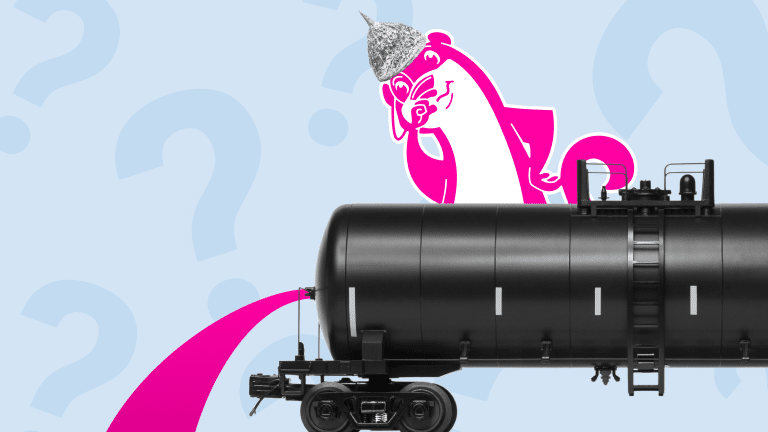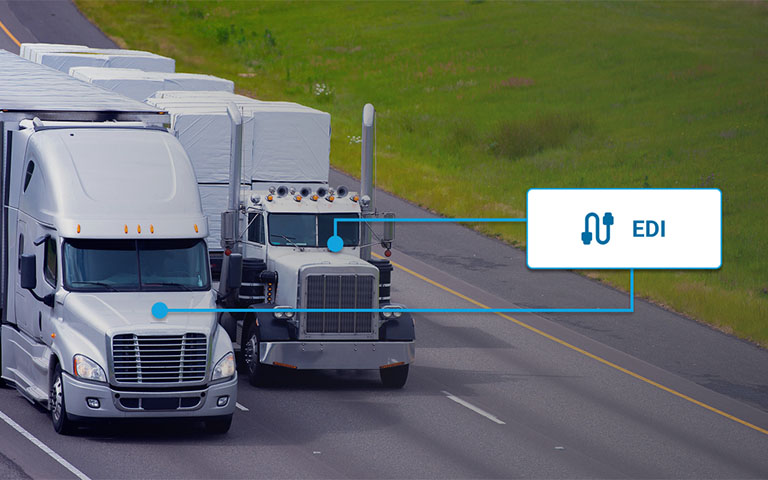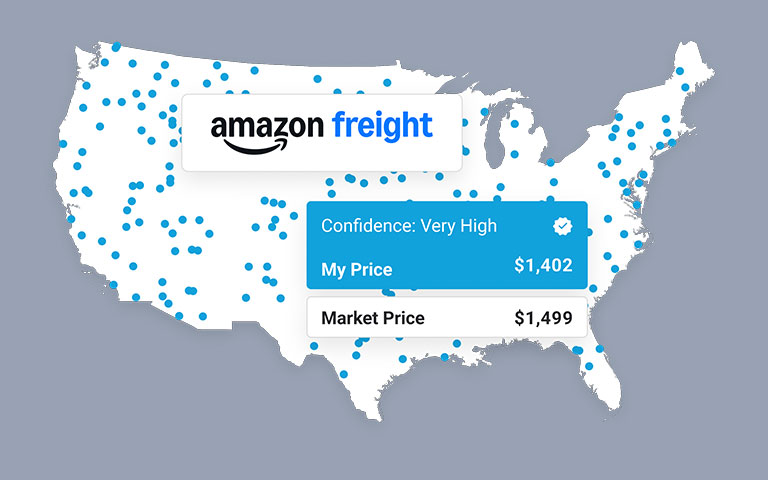Train Derailments: Conspiracy or Something More?

With freight rail volumes on the rise, derailments are becoming an increasingly familiar problem for those involved in the supply chain. February brought us the 38 railcar derailment in East Palestine, Ohio, while just last weekend we’ve had another serious derailment in Wyndmere, North Dakota — both of which spilled hazardous chemicals into the local environment.
When these derailments are looked at together with the chemical spill that occurred recently outside of Philadelphia, all of which happened within a relatively short timeframe, it almost seems too coincidental for it to be just that: a coincidence. Perhaps this could be an orchestrated attack by environmental extremists trying to expose how companies are recklessly endangering communities with their careless disregard for safety regulations, or maybe major corporations were behind this malicious act in order to receive an insurance payout or manipulate the stock market... Of course, none of these theories truly hold any water, and what’s vital in the face of these disasters is recognizing these issues for what they are — an indicator that serious changes and investments need to be made in both the national infrastructure and the technology used by shippers to keep shipments (literally and figuratively) on track.
It's no secret that train derailments can cause quite a disruption in the supply chain. From delayed shipments to canceled orders, businesses across all industries are impacted when rail shipments go rogue. And while not always at the scale of recent incidents, trains have always had a mind of their own, tending to wander off their tracks three times a day on average.
Of course, when it comes to failing infrastructure, railways aren’t alone in the issue. The supply chain has been hit hard by a combination of natural disasters, accidents, and cyber attacks in recent years. Bridge closures like the one that shut down the I-40 in Memphis in 2021 cost the trucking industry $2.4 million a day, while cyber attacks like those that crippled JBS have managed to disrupt the entire food market supply chain overnight. It's easy to see how shippers are increasingly feeling a sense of urgency to find solutions to these issues quickly, as they cannot afford any more downtime or disruptions.
On the bright side, this situation has brought attention to the importance of transportation infrastructure and safety regulations. Nearly one-and-a-half years ago, Congress passed and the President signed into law the $1.2 trillion Infrastructure Investment and Jobs Act (IIJA), which Secretary of Transportation, Pete Buttigieg recently commented on after the East Palestine derailment ensuring that, “on rail, we have made nearly $18 billion available to improve rail service and safety, [and]advanced more than 70 critical rail projects across the country.”
We've all had that sinking feeling in the pit of our stomach as our flight is delayed or our package is lost in transit. It's frustrating, inconvenient, and can even be costly. That's why continued investment in national infrastructure is so important. Our transportation system is the backbone of our economy, connecting businesses and consumers across the country. Every shipper, from small businesses to large corporations, relies on a safe and reliable system to get their goods from point A to point B.
These disasters and the renewed commitment to infrastructure development they’ve motivated serve as a reminder that safety precautions should never be taken lightly, especially when it comes to moving goods across the country. As the nation’s regulatory bodies work to address and prevent incidents like these, it's a good time for businesses to also take note and reevaluate their own supply chain strategies and contingency plans. It's never a bad idea to have a backup plan in case of unexpected events so that your business can keep moving forward even when the trains aren't. And with modern technologies such as visibility platforms and online freight marketplaces, shippers now have access to data-driven insights they need to minimize delays and optimize their routes accordingly.
Recent increases in supply chain disruptions highlight the fragility of the complex systems that shippers rely on. And as tempting as it may be to look to outside influences thwarting our efforts for their own gains, the truth is we simply need to work harder to stay ahead in today’s environment. Luckily, advanced transportation management software can help shippers gain greater visibility and control to anticipate and react to issues. By harnessing AI and machine learning, TMS platforms can monitor the status of shipments in real-time, quickly identify anomalies, and proactively alert customers and carriers to potential delays or disruptions. And with a comprehensive view of the supply chain paired with predictive pricing and performance analytics, shippers can make smarter decisions to keep cargo moving while meeting both budget and delivery commitments — even when their best-laid plans go off the rails.
For more information on how Shipwell can help your business to predict the unpredictable and stay ahead of disruption, speak to one of our experts today.


.svg)








